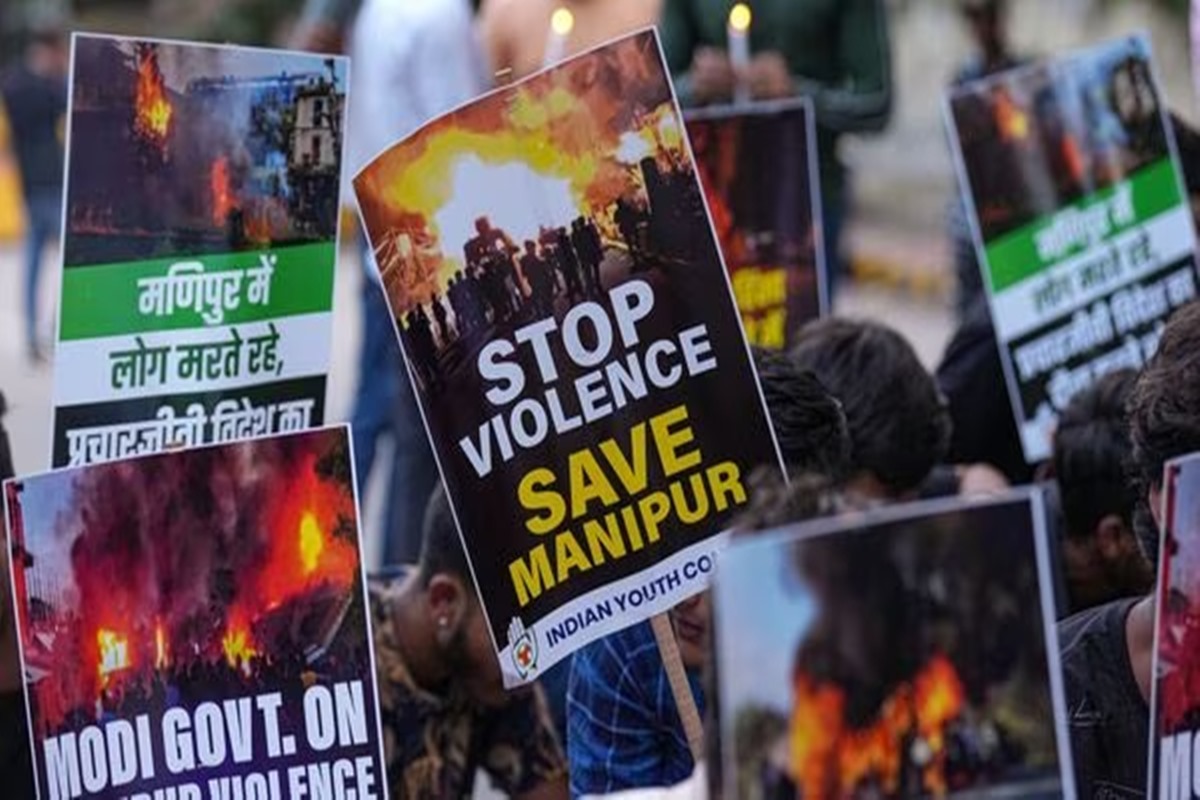The ethnic tensions in Manipur between the Kuki-Zo tribes and the Meitei community have brought the state’s governance under intense scrutiny. The call by 10 Kuki MLAs, including seven from the ruling BJP, for direct routing of development funds to hill districts, bypassing the state government, reflects a breakdown in trust and governance. This situation is not merely an administrative issue but a political and humanitarian crisis that demands immediate attention from the Union government.
At the core of the conflict lies the perception of systemic discrimination against the hill districts, predominantly inhabited by the Kukis. Allegations include deliberate exclusion from central financial assistance schemes, neglect of critical infrastructure projects, and even denial of essential supplies. Such grievances, if substantiated, point to a governance failure which risks exacerbating ethnic divides. The demand for autonomy and the creation of a Union Territory with a legislature for the hill districts underscores the Kukis’ growing disillusionment.
Advertisement
Their assertion that the state government has failed them since the ethnic violence erupted in May 2023 cannot be dismissed as mere rhetoric. The continued clashes and displacement of communities from their homes underscore the urgency of finding a political resolution. The role of the Central government is pivotal in resolving this crisis. As the ruling party at both the state and national levels, the BJP has a unique responsibility to ensure inclusive governance. A federal system thrives when state governments act as equitable agents of development for all citizens. If allegations of bias are not addressed, they will undermine the credibility of both state and central administrations.
Direct routing of funds to district-level authorities, as proposed by the Kuki MLAs, could be a temporary measure to ensure equitable resource allocation. However, such steps must be accompanied by transparent mechanisms to prevent misuse and promote accountability. Long-term peace requires more than administrative fixes; it demands a political solution that addresses the aspirations and fears of all communities involved. The Kukis’ demand for expedited political dialogue and a renewed focus on the Suspension of Operations (SoO) agreement reflects their willingness to engage constructively. Delaying these dialogues risks alienating a significant portion of the population, pushing them further towards separatist sentiments. Manipur is a litmus test for India’s commitment to federalism and inclusivity. Ethnic diversity is both a strength and a challenge for the country. Mismanagement of such crises can have ripple effects across the Northeast, a region already grappling with historical grievances and insurgencies.
New Delhi must act decisively to rebuild trust. The failure to address these grievances risks creating a long term rift between the communities. Without a clear commitment to fairness and justice from the government, the current situation could lead to further violence, displacement, and mistrust, ultimately destabilising the region for years to come. Equitable governance, transparent resource allocation, and sincere political dialogue are essential steps to prevent further erosion of unity and to chart a course toward sustainable peace in Manipur









